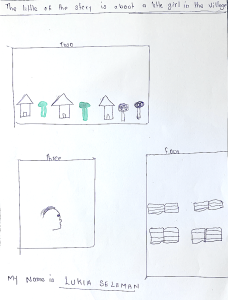Interview with Rukia
Thank you for sharing this powerful story with us. Could you tell us about what inspired you to write it?...
Read More →
Read More →


